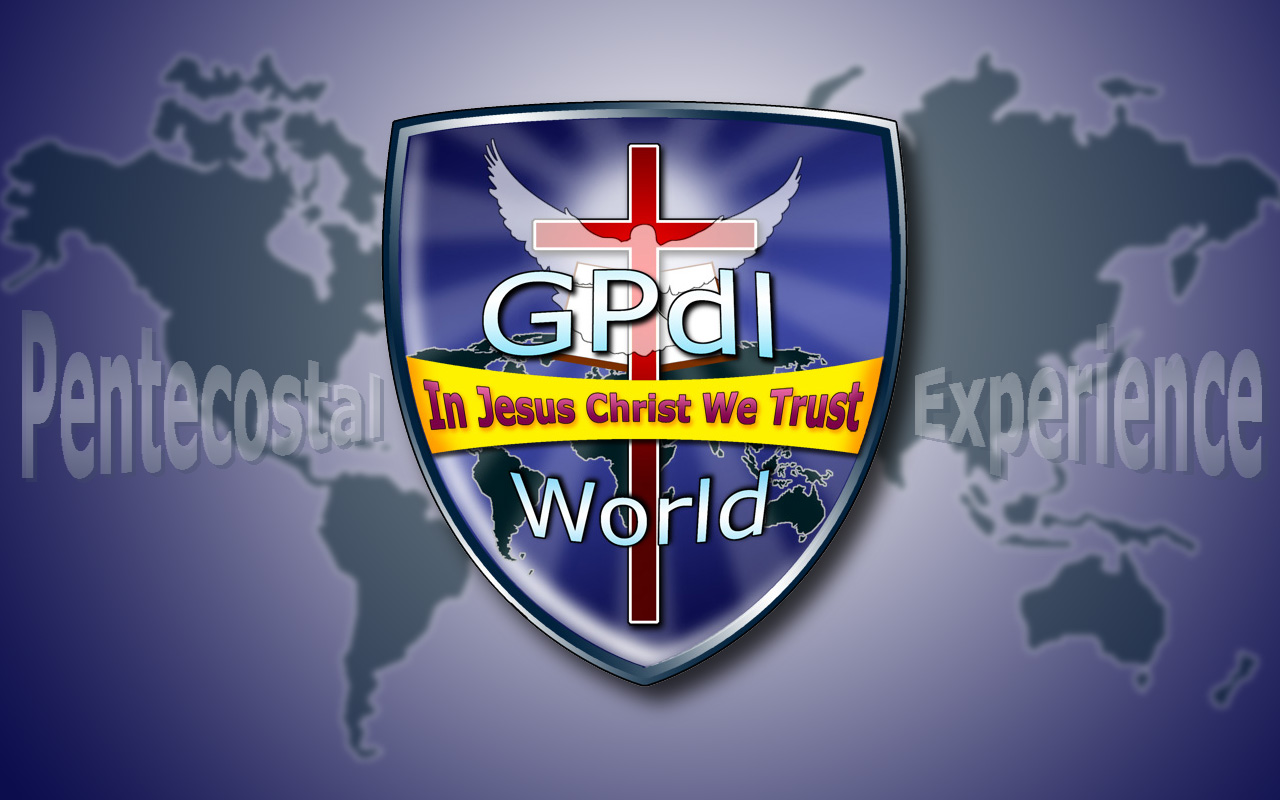21
Kish, the great grandfather, the first in the genealogical list, a man who was taken into Babylon as a captive. His name means, a bow, a man of power. Also one who is stern and difficult. He most likely reflects the character of all those in Israel who were conquered and led off into captivity. Est. 2:6.
The name of the subject of the book is not without significance. Her Hebrew name was Hadassah, or myrtle. The myrtle tree was a tree which grew along the stream and river bottoms. Their source of water (type of the Spirit) was constant. Therefore they were assured of constant growth. This was also a place of revelation, for it is here that we find the Angel of the Lord (the Lord Jesus) visiting Zechariah. Zech. 1:9-11 The branches of the myrtle tree were also one of the five with which the Israelites built huts to dwell in during the feast of Tabernacles. Therefore it signifies a spiritual shelter. Neh. 8:5 The feast of Tabernacles is the one feast which does not have its spiritual counterpoint fulfilled in the church. It is a portrayal of the last day revival and the final harvest of the Lord prior to the great tribulation period.
The harvest will culminate with the Bride of Christ being transported into the wilderness. Rev. 12:6, 14 Geographically, the area is well termed a wilderness a desert place. However, with the presence of the Bride, the Lord will completely alter the whole landscape. Instead of the brier, the nettle, there will be the myrtle (the Bride) which will greatly flourish. It will grace the wilderness with its beauty and majesty. The preparation, the works of the Lord are for the glory and exaltation of His own great and wonderful name. It is an everlasting sign which shall never cease to exist. Isa. 55:13 The waste place , the emptiness of the desert will be turned into a veritable garden of Eden. A place of comfort and great joy. Isa. 51:3.
